Doctor of Philosophy in Geology

学历文凭
Ph.D.

专业院系
College of Science

开学时间

课程时长

课程学费

国际学生入学条件
- Bachelor’s degree or recognized equivalent from an accredited institution
- Eligibility for admission with a 3-year bachelor's degree are determined on a case by case basis
- Minimum undergraduate grade point average 3.0 (on a 4.0 scale)
- Minimum score requirements: TOEFL: 550 (paper) or 79 (internet); IELTS: 6.5 (academic version); Duolingo: 105.
Application Deadlines: Jan 1 (Fall) | Sept 15 (Spring)
IDP—雅思考试联合主办方

雅思考试总分
6.5
- 雅思总分:6.5
- 托福网考总分:79
- 托福笔试总分:550
- 其他语言考试:Duolingo: 105 Pearson (PTE): 59 Cambridge: 176
CRICOS代码:
申请截止日期: 请与IDP联系 以获取详细信息。
课程简介
相关申请
 预科
预科 奖学金
奖学金 实习机会
实习机会 在校学习
在校学习 跨境学习
跨境学习 校园授课-线上开始
校园授课-线上开始 在线/远程学习
在线/远程学习
本校相关课程

Master of Music in Music Education
学历文凭
Masters Degree
开学日期
课程费用总额

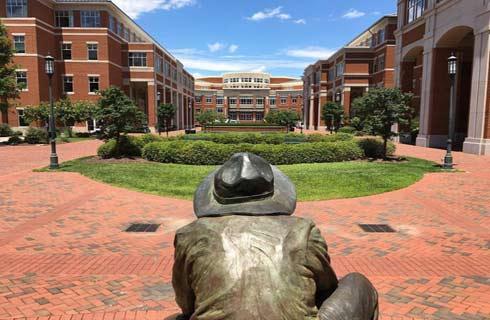
Master of Arts in Music
学历文凭
Masters Degree
开学日期
课程费用总额

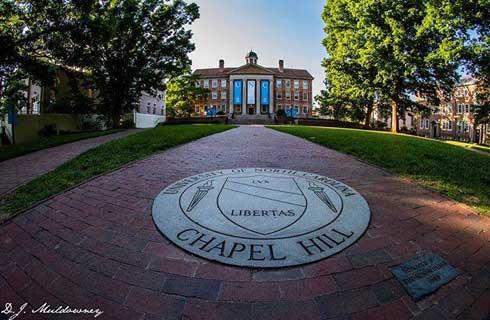
Bachelor of Arts in Women's Studies
学历文凭
Bachelor Degree
开学日期
课程费用总额

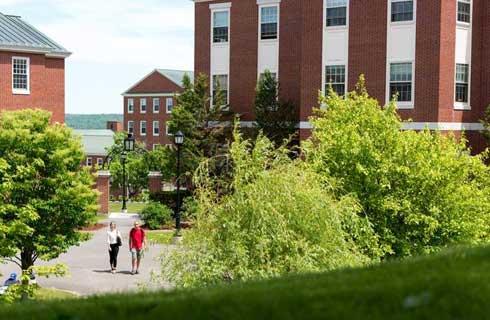
Bachelor of Science in Wildlife Ecology and Conservation
学历文凭
Bachelor Degree
开学日期
课程费用总额


Bachelor of Science in Veterinary Science
学历文凭
Bachelor Degree
开学日期
课程费用总额

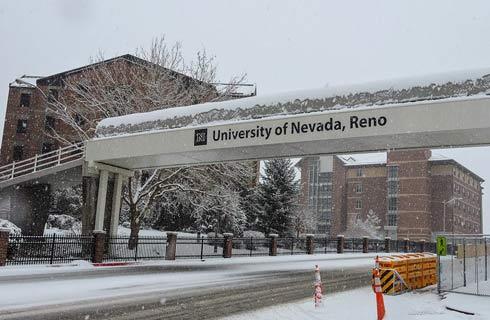
Doctor of Philosophy in Speech Pathology
学历文凭
Ph.D.
开学日期
课程费用总额

其他相关课程
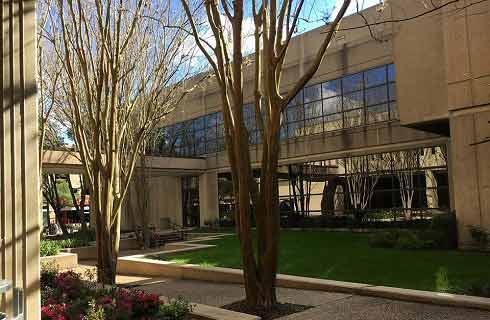
Bachelor of Science in Earth and Space Science with Teaching
 天普大学
天普大学泰晤士高等教育世界大学排名:459
学历文凭
Bachelor Degree
开学日期
课程费用总额

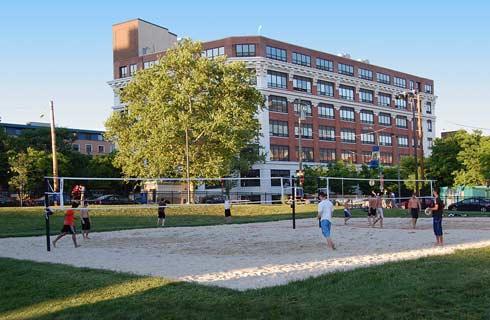
地球科学教育理学硕士
 东密歇根大学
东密歇根大学学历文凭
Masters Degree
开学日期
课程费用总额


地球与行星科学文学硕士
 圣路易斯华盛顿大学
圣路易斯华盛顿大学学历文凭
Masters Degree
开学日期
课程费用总额

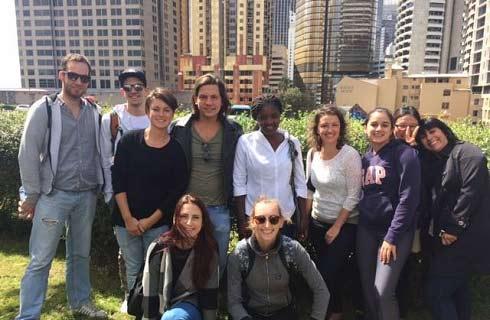
Bachelor of Science in Geology
 南佛罗里达大学
南佛罗里达大学泰晤士高等教育世界大学排名:395
学历文凭
Bachelor Degree
开学日期
课程费用总额

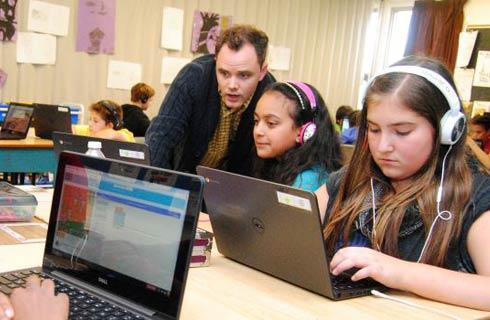
Bachelor of Science in Geology
 伊利诺伊州立大学
伊利诺伊州立大学学历文凭
Bachelor Degree
开学日期
课程费用总额


Master of Science in Earth Sciences
 俄亥俄州立大学哥伦布分校
俄亥俄州立大学哥伦布分校学历文凭
Masters Degree
开学日期
课程费用总额











